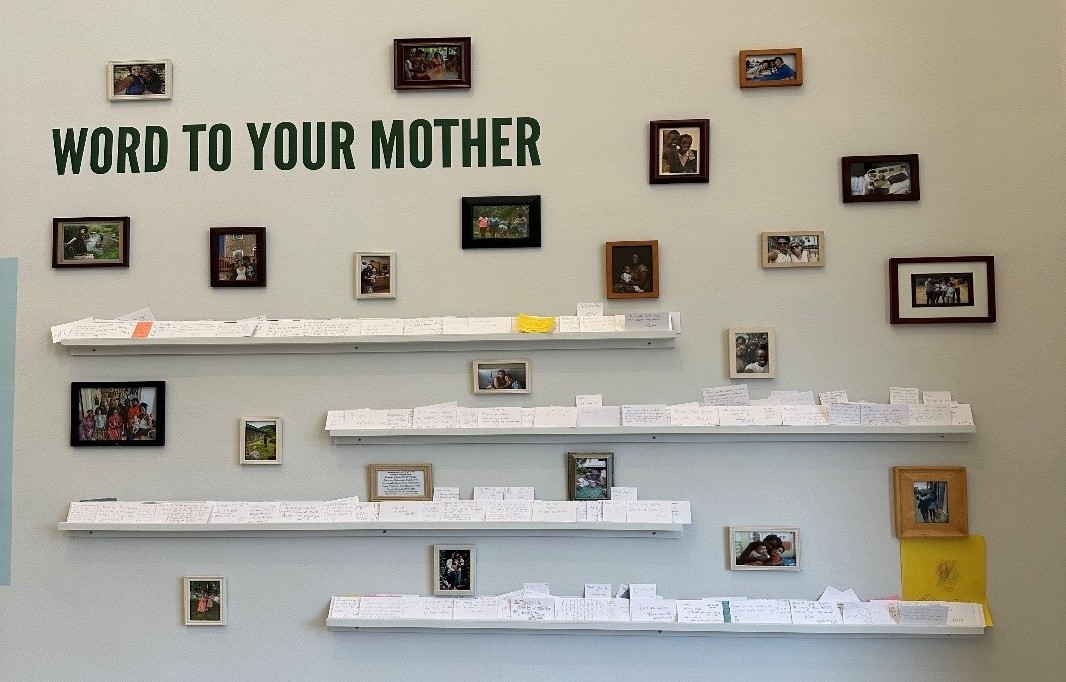June 29, 2009 – The Illinois Student Assistance Commission announced Friday thousands of college students are facing a loss of $275 million in grants and scholarships if state lawmakers do not pass a fully-funded budget by month’s end.
Impending cuts would affect approximately 40,000 Illinois students currently receiving support from the Monetary Assistance Program, or MAP, the state’s largest need-based aid program that provides $440 million in grants and scholarships.
MAP recipients could expect to receive 80 percent of their funding for the 2009 fall semester. But as of January, “the state of Illinois no longer has need-based scholarship support for students,” said Andrew A. Davis, executive director of the Illinois Student Assistance Commission.
Davis said the cuts could be preventable if state lawmakers would pass current proposals pushed by Gov. Quinn.
“All the legislature has to do is get up on their hind legs and vote to raise taxes and fund our programs. In the past, agencies like ourselves have avoided that political move… but the problem is tax raising doesn’t have an advocacy group,” he said.
“If we want these programs in our state, we have to fund them. And the only way to get there from here is to raise taxes,” said Davis after an ISAC board meeting.
The loss of funding “will be painful” on students said Paul H. Frank, vice president for government relations with the Federation of Independent Illinois Colleges and Universities, an advocacy group for 57 private Illinois colleges and universities.
“We don’t know the whole extent but they will range from students that will have to drop out and fail to complete their studies… some students will continue and they will add on to their [current] loans,” said Frank.
Frank said MAP funding hasn’t increased in seven years, while college and university tuitions have continued to rise.
At Friday’s board meeting, eight college students from Roosevelt University and Columbia College Chicago sought to rally for support from ISAC board members.
Ann Marie Meyer, a senior and photography major at Columbia College Chicago, said she decided to return to school at the age of 25. She has depended solely on scholarships and loans and anticipated receiving $2,000 in MAP grants after being advised to change her resident status.
Mayer said she has “maxed out” her credit cards and is working two jobs but doesn’t see dropping out as an option. She said state lawmakers should see funding education as means to prevent people from having to seek other types of support, such as welfare, in the future.
“By supporting education you are enabling people and students to become contributing parts of society,” said Mayer.
Dimitra Georgouses, a junior at Roosevelt University, said she knows of several students affected by the cuts, and some who have changed schools in order to avoid dropping out.
According to the Federation of Independent Illinois Colleges and Universities data, Columbia College Chicago is projected to receive $4.4 million, down from $10.5 million, for the 2010 financial year. Roosevelt University is projected to receive $1.7 million, a drop from $4.2 million.
Seven grants, such as the Illinois Veterans Grant Program, the Illinois National Guard, and Illinois Future Teachers Corp Scholarship are to lose all funding.
Illinois is facing $11.6 billion budget deficit and state legislators have until June 30 to pass a budget. A proposed budget by Gov. Quinn that would raise state income taxes was rejected.
Davis spoke briefly with students during a break at the meeting, explaining the cuts and emphasized for them lobby their state legislators to prevent the impending cuts.
“Those folks need to hear from you, “ said Davis.






Be First to Comment